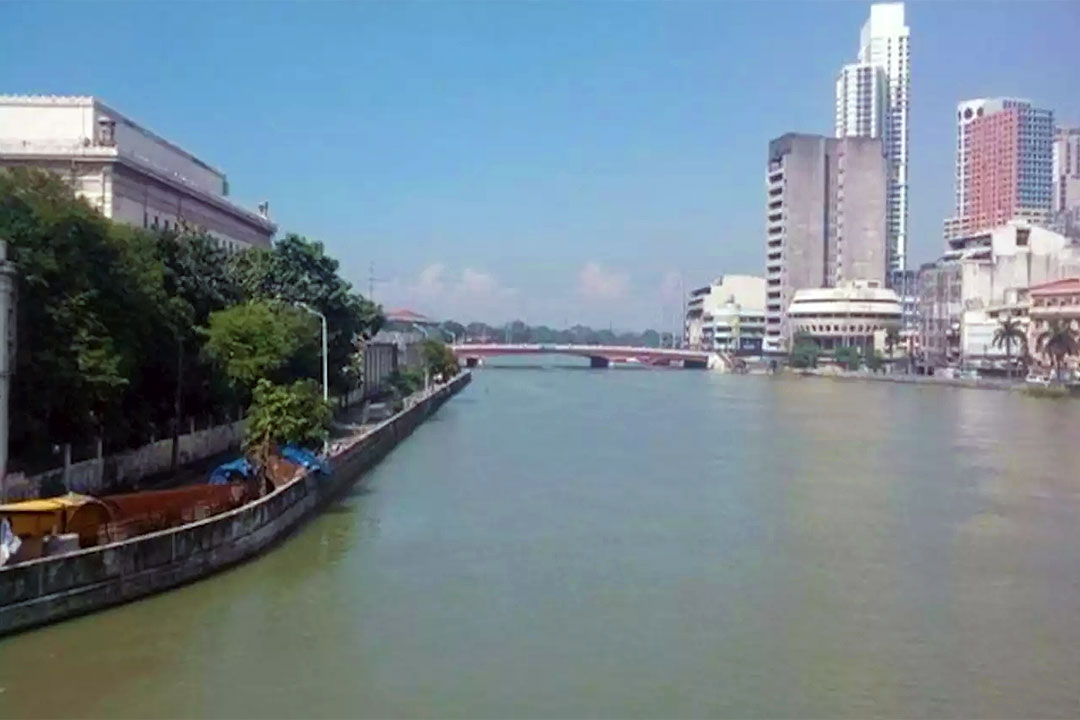Non-government organizations said the government needs to hold off giving the green light to the proposed Pasig River Expressway (PAREX) until the appropriate environmental impact and cost-benefit studies are performed.
The Move as One Coalition in a letter Thursday noted that the toll road’s design is also still subject to change, complicating the Toll Regulatory Board’s (TRB) job of evaluating its actual impact.
The coalition of 140 civil society organizations also cited the need for consultation, as guaranteed by the Constitution.
“Any assessment of social, environmental, and economic impacts, benefits, and costs can only be made once all project details are disclosed by the Project Proponent,” the coalition said in a letter to President Rodrigo R. Duterte.
PAREX, proposed by San Miguel Corp., will be built on one bank of the Pasig River, connecting the City of Manila to Rizal province. Its stated objective is to decongest roads in the capital.
“Any assessment of social, environmental, and economic impacts, benefits, and costs can only be made once all project details are disclosed by the Project Proponent,” it said in the letter to the Palace.
Premature approval, it added, may give off the impression that the project should proceed regardless of any negative impacts.
The TRB, it said, has yet to conduct an analysis on the economic, environmental, and social costs and benefits of the project.
“Accordingly, the government has no assurance that the benefits of the project outweigh its costs. Given the many concerns about the project that have surfaced in recent months, there is a strong possibility that the project’s negative impacts could far exceed its expected benefits,” it said.
PAREX will entail at least P164 billion in economic, health, and social costs– P97 billion in economic costs due to reduced property prices, and P67 billion from reduced life expectancy due to noise, air, and river pollution, it said.
Attached to the letter were its claims detailing the potential harm caused by PAREX, including increased congestion, degraded ecology, and worsening air pollution.
The group noted that with densely-populated neighborhoods on both sides of the river, many people may suffer from negative health outcomes.
The benefits will accrue mainly to private motor vehicle users who represent a small minority, it added, noting that in the capital region, only about 12% of households own a private car. “The travel time and vehicle operating cost savings of private cars using PAREX are likely to be offset by the costs of more traffic due to induced demand and added congestion in downtown areas.”
“The net gains from vehicle time and cost savings will therefore not be substantial,” it said. — Alyssa Nicole O. Tan
